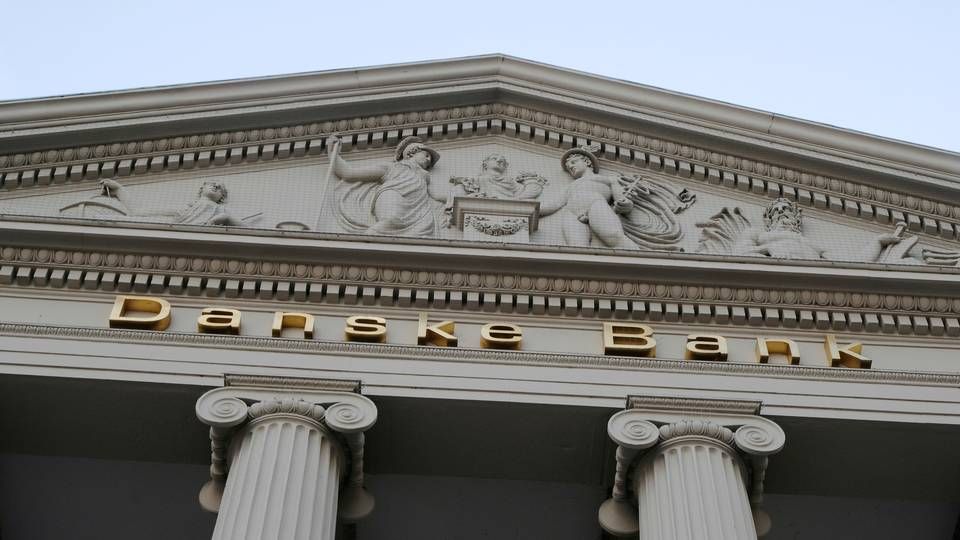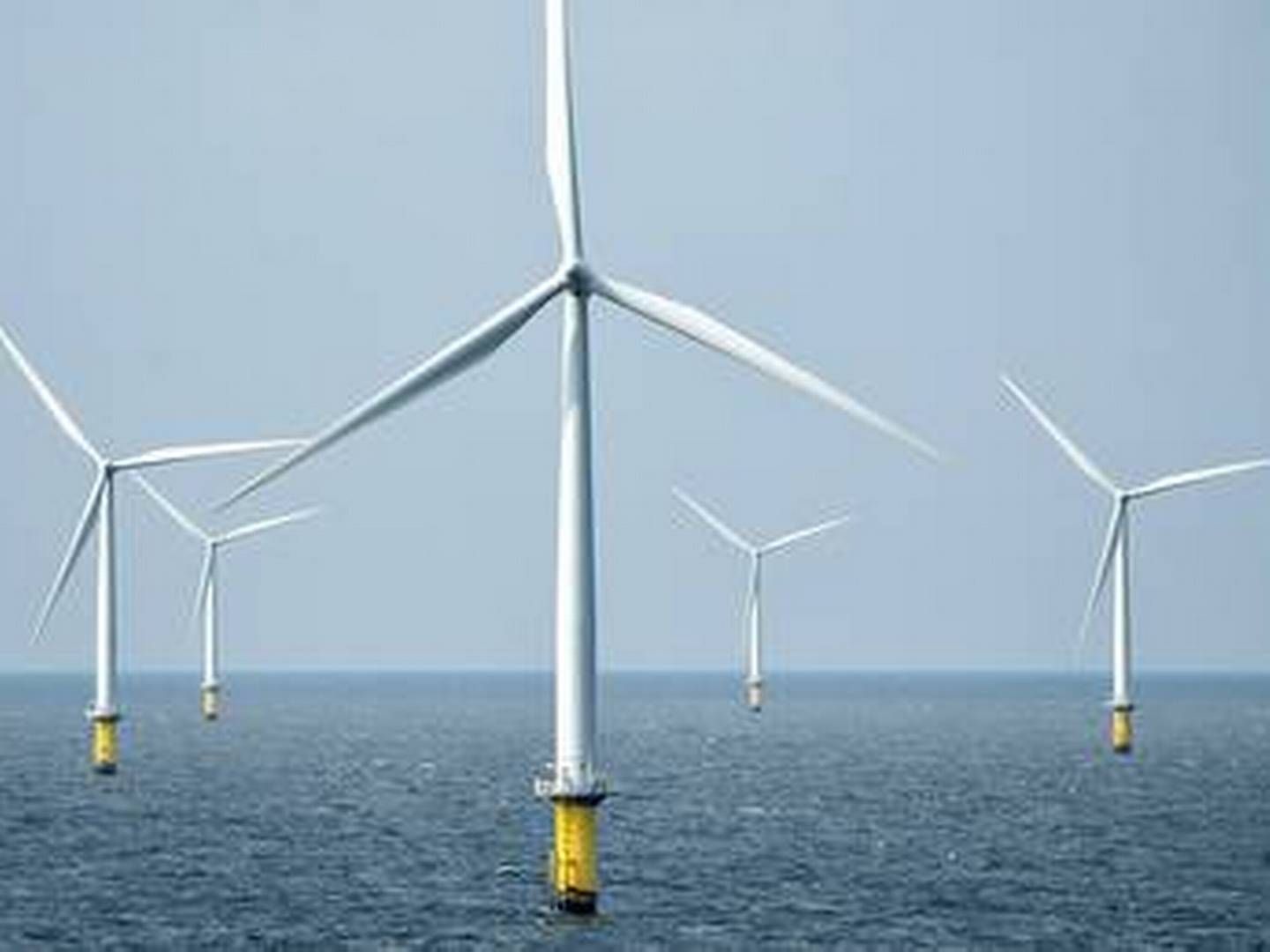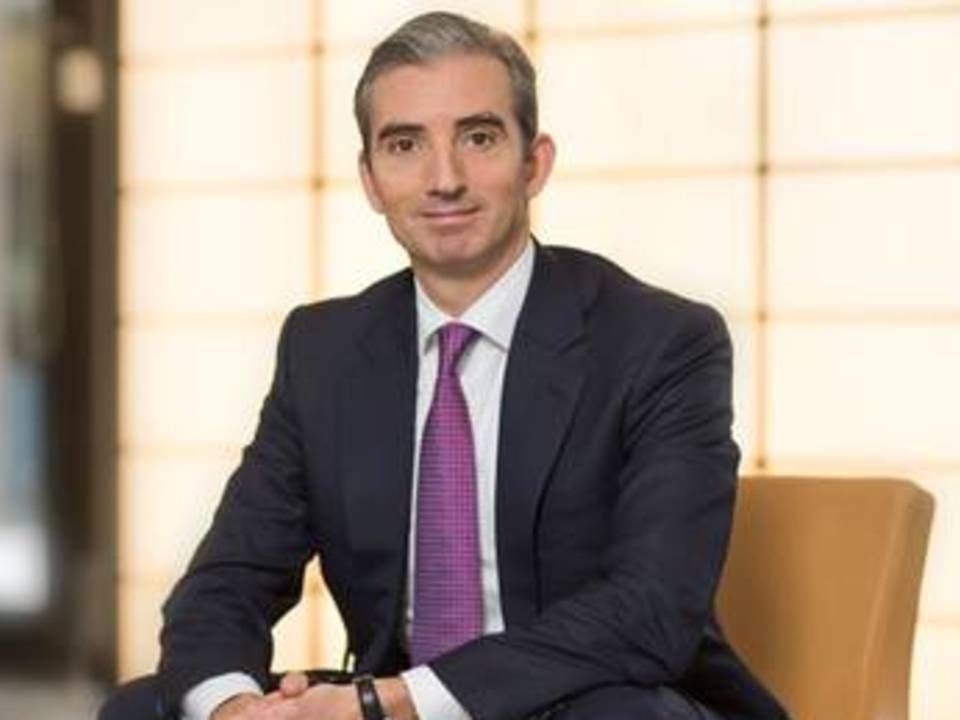Danske Bank divested shipping stocks in 2019 due to new sulfur rules

In just one year, Danske Bank has noticeably lowered its stock of equities in Danish shipping companies.
During 2019, the bank divested major parts of its equity holdings in companies like Norden, Torm, DFDS as well as Maersk's B share, show data ShippingWatch has pulled from Bloomberg.
The figures show that the bank has especially divested its equities in shipping companies Norden and Torm in the past year.
(The article continues below the graph)
Danske Bank confirms this development to ShippingWatch.
"During 2019, we have reduced our share of shipping equities," says investment strategist Lars Skovgaard Andersen, pointing to two reasons in particular.
New environmental regulations in shipping
Most recently, an important factor has been the new global sulfur regulations imposed on shipping from Jan. 1, 2020.
From that date onward, shipping companies have not been allowed to sail on bunker fuel with a sulfur content higher than 0.5 percent.
This change has resulted in increased costs for the shipping companies. Either in the form of investments in scrubbers that can clean the exhaust fumes, allowing the vessel to continue to sail on conventional marine fuels with higher sulfur contents. Or in the form of new low-sulfur fuels, which have started off the year being significantly more expensive than the old high-sulfur fuels.
Danske Bank will now wait and see how the shipping companies comply with the new regulations and how they affect financial results.
Several companies had otherwise hoped that the IMO regulations would attract investors back to shipping, as rates were expected to increase.
"Right now, we want to see how they are implementing these 2020 sulfur regulations. And that's the reason why we are where we are at the moment," says Skovgaard Andersen.
And the shipping companies' upcoming annual reports will be an important benchmark in these assessments.
"There will be some that have been good at handling it and some that have been bad," says Skovgaard Andersen, continuing:
"We would like to see how the companies deliver and the guidance they bring, combined with how they assess the global economy. We want to see the companies do something about those two things that have held us back."
Global economic uncertainty
Whereas the global sulfur regulations are the most recent factor to affect Danske Bank's appetite for shipping equities, global economic uncertainty also played a major role throughout 2019.
However, sentiments have been more positive recently, with various key figures and indicators regarding the state of the global economy being cause for greater optimism about cyclical equities like those in shipping, explains Skovgaard Andersen.
"The foundation is that the economy is doing better. From a growing fear among investors this summer that we would hit a recession within a year, winds are now more favorable, which can be seen in business confidence indicators."
Recently, however, the outbreak of coronavirus and worry about the consequences for the global economy have yielded renewed concern and affected Danske Bank's willingness to invest.
"Now we get this setback and then we have to reassess whether it is now or in 14 days that we need to increase our exposure in cyclical equities," says Skovgaard Andersen.
He, however, does not want to elaborate on how the bank's holdings in the specific companies have changed since the end of 2019.
English Edit: Ida Jacobsen
This article was orginally published through our sister media, Shipping Watch.
Danica to offer new, green pension product in 2020
Danske Bank appoints new head of asset management
Shipping companies seek clarity on ESG: "How much is enough?"
Related articles
Danica to offer new, green pension product in 2020
For subscribers
Danske Bank appoints new head of asset management
For subscribers
















